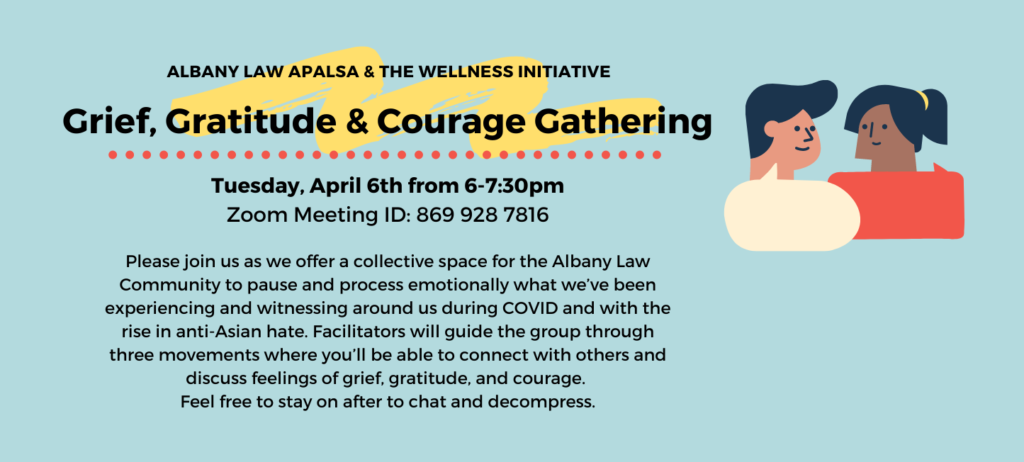
Thursday, April 22, 2021, will mark the 51st anniversary of Earth Day, and if you’re anything like me, you’ve been getting outside quite a bit more during our year of COVID-19 lockdown. And we’re not alone. Several studies on urban park visitation show that during lockdown, when restrictions on gatherings made it impossible to socialize indoors, urban park visitation went through the roof as individuals fled the confines of their homes in search of some fresh air and a change of scenery. It’s not just the 10 minute walks outside that helped either- parks and green spaces have the ability to reduce stress, anxiety, and depression, all of which have increased during COVID-19. Further, there are ‘cobenefits” for urban residents specifically when they are within close proximity to a park, including lowered rates of obesity, respiratory problems, cancer, and diabetes. There is also a link to higher cognitive abilities, reduction in aggressive behaviors, and a stronger sense of community.[1]
It’s a no brainer that greenspaces such as parks are beneficial for the environment too, with carbon dioxide absorbing trees that create homes for squirrels and birds. But outside of manicured parks, the impact of natural land and environments that are preserved in their existing state are even more beneficial to the ecosystem as a whole. Wooded areas contain an incredible amount of biodiversity, often containing dozens of species of tree, thousands of species of plants, and tens of thousands of species of fauna. When located near homes, these areas provide a safe habitat for deer and other critters who feed on your neighbor’s lettuce to live, but they also provide permeable ground (as opposed to impermeable, like concrete or pavement) for water to absorb into, decreasing the risk of flooding. The groundwater stored during these storms underneath the forest comes back to you through your local municipal water source or backyard well, and has been filtered by the process of moving through the ground (mother nature’s Brita filter). Forests also reduce ambient noise from local traffic, meaning your backyard BBQ’s are even more pleasant.
But all of these areas can be purchased by developers, deforested, and turned into another residential neighborhood, shopping mall, or Price Chopper, eliminating the positive benefits provided by the earth. So if you’ve enjoyed heading outside in your backyard, local park, or wooded trails during quarantine, it’s worth thinking about preserving these spaces. While parks are pretty secure (they’re legally designated greenspaces, and it’s pretty tough to transform them away from park space), other areas can be protected through the use of conservation easements. These easements are entered into by the landowners, whether public or private, and are imbedded into the land to ensure that the property is never used for a purpose other than what the landowner agrees to. This can be to preserve farmland for agricultural practices or existing nature trails for their current use in perpetuity. (I know I know, property flashbacks). These easements are secured in trusts, either managed by the municipal, state, or federal government, or by a local non-profit. (For our local land trusts, simply get on Google or check out the New York portion of the Land Trust Alliance or National Coalition of Young Farmers).
As the world begins to turn again, it’s the perfect opportunity to rethink how we manage our land before the bulldozers are gassed up and on the march. Conservation easements and land trusts are just one way to ensure that we continue the battle against climate change, but they’re an important tool to preserve the land that we have left. Even if you suffer from allergies and the tree pollen drives you into a sneezing watery eyed frenzy, they’re important to keep around for the health and wellbeing of the planet for future generations. Hopefully they’ll work out a cure for allergies.
[1] See Kathleen McCormick, Room to Roam, The Pandemic Has Underscored the Need for More Urban Parks. So What Comes Next? Lincolnist (Oct. 7, 2020), https://www.lincolninst.edu/publications/articles/2020-10-room-roam-pandemic-urban-parks-what-comes-next.

